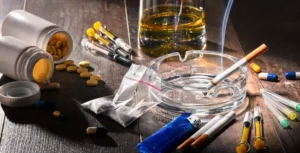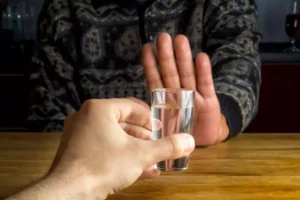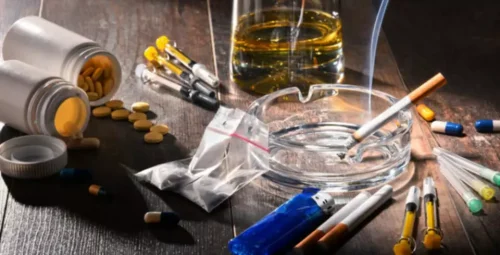How to Get Sober: A Guide to Sobriety
It’s not just your drinking buddies and drug dealers who can get you into trouble—sometimes those who are closest to you can contribute to a relapse. Some of the immediate changes you will need to make will be obvious—like not hanging around the people that you used with or obtained drugs from. After all, you can’t hang around your drug dealer or old drinking buddies and expect to remain sober for very long. If you’re in recovery from a substance use disorder, you already know how much work it took to achieve sobriety, and you’ll want to do everything possible to avoid having a relapse. It may seem that relapse is the last thing that could happen to you, but the truth is they are very common for people new to recovery. It’s not hard to see why people get more done when they’re sober.

Some people who move from a controlled and protective setting find themselves awash in the environmental cues that lead to their drinking. Sobriety can be a fixed-term goal like staying sober for a set period (such as Dry January), or a lifelong goal of staying sober from all substances. Everyone faces difficult situations, ranging from getting a rough night’s sleep being sober sucks to dealing with a death in the family or an unexpected divorce. Choose to recognize that the choices you make directly impact your experience. Even if things feel like they are beyond your control (a difficult boss, terrible landlord, legal problems, or financial difficulties), you always have the option to take the first step toward improving the situation.
Don’t be afraid to ask for help.
Once you start to reap the benefits of not drinking, it may be easier to opt for alternatives since your body may be feeling better without alcohol. Keep in mind that self-help strategies are helpful tools, but you may need additional help to remain https://ecosoberhouse.com/ sober long-term. This subreddit is a place to motivate each other to control or stop drinking. We welcome anyone who wishes to join in by asking for support, sharing our experiences and stories, or just encouraging someone who is trying to quit.
We Asked People Why They Got Sober – VICE
We Asked People Why They Got Sober.
Posted: Wed, 15 Mar 2017 07:00:00 GMT [source]
The reality is that many situations can make it hard to reintegrate into normal life without some hiccups and potential for relapse. Aftercare programs make it easier to remain in recovery and avoid returning to substance use. If you’ve been curious about how to stop drinking alcohol and get sober, you might be wondering where to start. Keep reading to learn about steps you can take to stop drinking, take back control of your life, and how to get sober from alcohol to start the path to recovery and long-term sobriety. Not everyone comes from an encouraging and supportive home environment. If your family and or friends aren’t motivating you to seek help for your substance misuse, make an appointment with a medical or addiction treatment professional.
Step 3: Find the Right Treatment Program
The other people next to you at group therapy sessions and support group meetings all have experiences that can help you. If you are hungry, even if that is not your main issue, get something healthy to eat. If you are feeling exhausted, refresh with a quick walk outside or a coffee nap if you can. Instead of isolating and giving into feeling bad, reach out and connect with others who might be going through the same thing. Go to a 12-step meeting, find a sober group online, or call a sober friend who understands. This will probably get deleted but life is hard, boring and just awful sometimes.
- Their process of getting sober will depend on numerous factors, including the severity of drug or alcohol use disorder and long-term goals of sobriety.
- It can seem intimidating to look at the end goal and know the many steps it will take to get sober.
- You can provide an excuse, like that you’re on antibiotics, or you aren’t feeling great or want to feel fresh for something you have going on the next day.
- Not only because not drinking is hard, but also because we live in a society where most everyone around us drinks.
- Online groups are an amazing resource, with groups to suit everyone’s personality.






